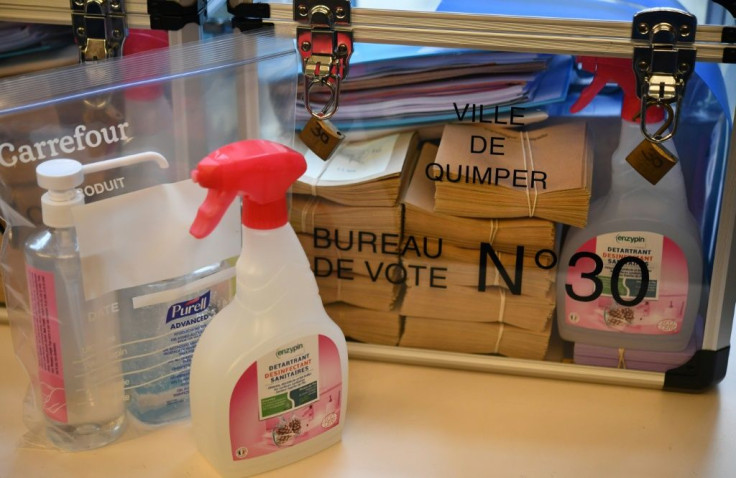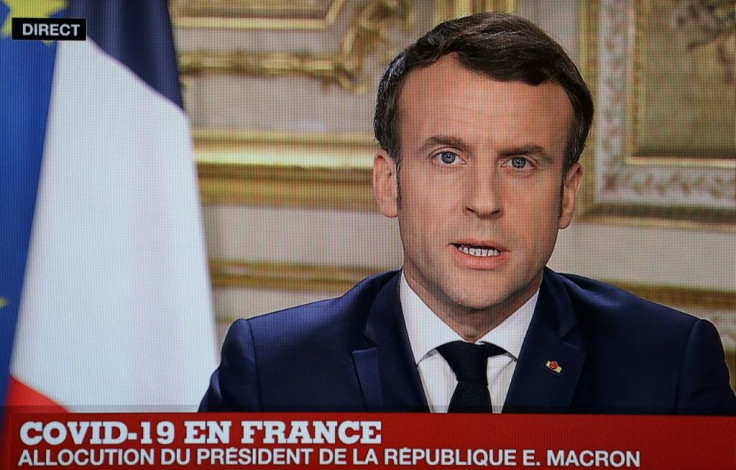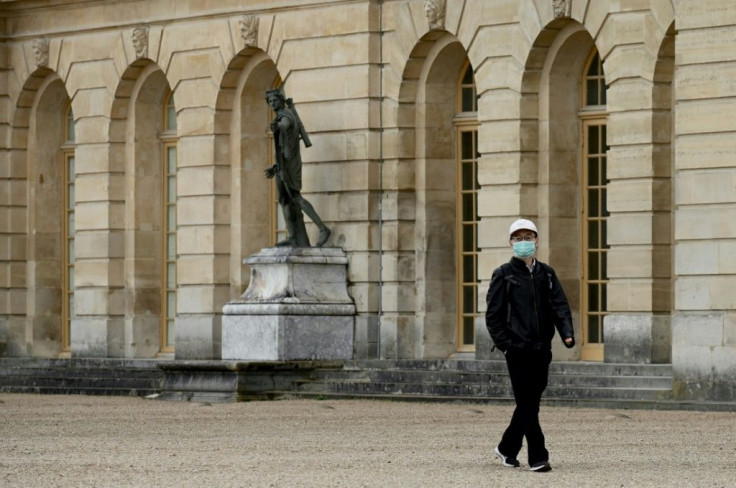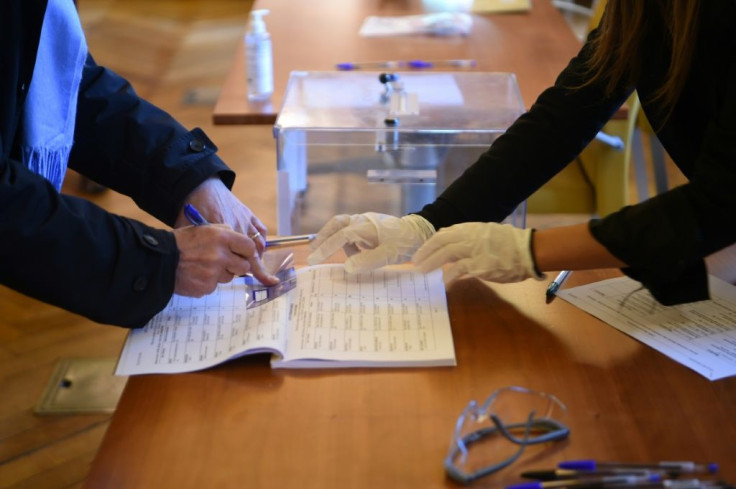French Vote Hit By Record Abstentions Amid Virus Clampdown

France's municipal elections saw record-low turnout on Sunday as coronavirus fears kept millions of voters from polling stations, prompting calls to cancel the second round of voting as authorities scramble to curtail the outbreak.
Polling institutes estimated the abstention rate at 54 to 56 percent, nearly 20 points higher than the previous record set in municipal votes six years ago.
Prime Minister Edouard Philippe, who was also running for mayor of the Normandy port city of Le Havre, said he would consult with scientific experts this week on whether to maintain the second round next Sunday.
"The high abstention rate illustrates the growing worries of our fellow citizens about this crisis," Philippe said in a televised address, as estimates put him ahead in his mayor race.

The voting came just hours after the government ordered all bars, restaurants and other non-essential businesses to close, with many people expecting a more complete lockdown keeping people in their homes could come within days.
France recorded 36 more coronavirus deaths Sunday, the biggest one-day increase in the country since the outbreak, taking the total death toll to 127 deaths and 5,423 cases of infection since January, the national health agency said Sunday.

The government had rejected calls to cancel the first round, saying sufficient precautions were taken to disinfect polling stations in what was seen as a key test of President Emmanuel Macron's popularity.
"It is important to vote in these times," Macron said after washing his hands with sanitising gel and casting his ballot in northern France.
But calling off the second round now would likely require a rerun of the first round as well, constitutional law experts say.

National results have yet to be declared, though Macron's centrist Republic on the Move party had not been expected to make strong showings in the fight for the country's 35,000 mayor seats.
In Paris, where incumbent Mayor Anne Hidalgo was in front with around 30 percent of votes according to estimates, streets were eerily empty as its cafes and restaurants stayed dark.
For voters who did turn out to vote, bottles of hand sanitiser were ubiquitous and floors were marked with tape to keep people one metre (3.3 feet) from one another.
"There is no one here, and the risk is low," Bernard Gallis, 66, said after voting in Aulnay-sous-Bois, outside Paris.
But he admitted his children, aged 40, 36, and 32, had decided not to vote because of the risk of contagion.
France has indefinitely closed creches, nursery schools, schools and universities, banned gatherings of more than 100 people, and urged residents to limit their movements in a bid to curtail the spread of the virus.
Cinemas, libraries, shopping centres and gyms have also been ordered shut until April 15 in a bid to prevent hospitals becoming overrun with sick people. Food stores and pharmacies remain open.
On Sunday, the government also said long-distance trains and international flights will be limited and public transport reduced.
Museums, theatres and tourists sites such as the Eiffel Tower have already closed, and Justice Minister Nicole Belloubet said courthouses would close starting Monday for all but "essential litigation."
Political leaders from across the spectrum said holding the second round now appeared impossible -- Christian Jacob, head of the rightwing Republicans party, revealed Sunday that he had tested positive for the new coronavirus.
The clampdown had already prompted candidates to cancel or curtail their post-voting rallies or news conferences, telling supporters to stay home in line with government orders.
© Copyright AFP {{Year}}. All rights reserved.





















